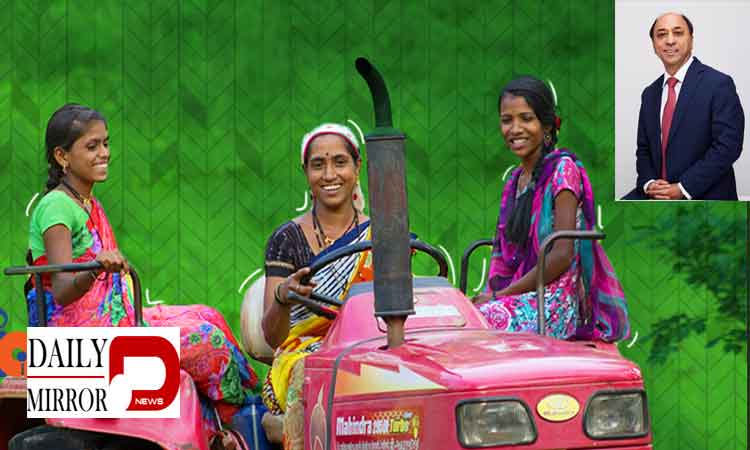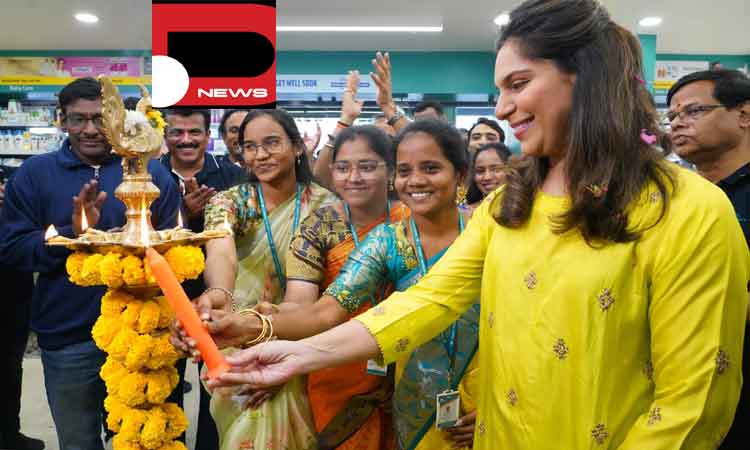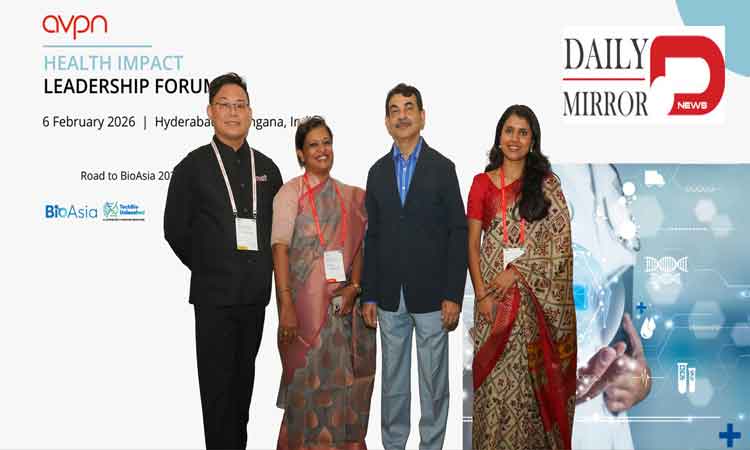
Dailymirror.news,March 1st, 2025: In India’s rural villages, women play a crucial role in farming, yet their contributions often go unrecognized. Despite actively participating in agricultural activities, they struggle to secure a stable and respectable income from their family’s farmlands.
With many men migrating to cities in search of better economic opportunities, women bear the primary responsibility of managing farms alongside their household duties.
Agriculture, the backbone of India’s economy, has seen remarkable growth over the past decade, contributing approximately 20% to the country’s GDP. The sector employs over 45% of India’s workforce, with women making up nearly half of this number. In fact, nearly 80% of employed women in India are engaged in agriculture.
Read this also...NSE and Government of Goa Collaborate to Launch ‘Student Skilling Program’ in BFSI Sector
ఇది కూడా చదవండి..“ప్యూర్ ఈవీ ‘ప్యూర్ పర్ఫెక్ట్ 10’ రిఫరల్ ప్రోగ్రాం – రూ.40,000 వరకు క్యాష్బ్యాక్ ఆఫర్!”
Read this also..PURE EV Unveils ‘PURE Perfect 10’ Referral Program with Exciting Cashback Rewards
However, gender stereotypes, social restrictions, and traditional expectations limit their access to knowledge, technology, and resources, resulting in lower productivity.
According to the Periodic Labour Force Survey (PLFS) 2023-2024, the literacy rate among rural women aged seven years and above is 70.4%, compared to 84.7% for rural men and 84.9% for urban women.

The Agricultural Wages in India (AWI) report (May 2020) also highlights the persistent wage gap between men and women, despite increasing female participation in farming. These challenges underscore the need for systemic reforms to support women in agriculture.
Policy Interventions to Support Women in Farming
Given the government’s focus on agricultural development and emerging agricultural technologies, policymakers must implement reforms that further empower women in farming. Key areas of intervention include:
1. Transforming Women’s Self-Help Groups (SHGs) into Farmer Producer Organizations (FPOs)
The government’s ‘Sabka Saath, Sabka Vikas’ initiative has significantly impacted women’s empowerment through SHGs. As of December 2023, data from the Deendayal Antyodaya Yojana-National Rural Livelihoods Mission shows that India has 9 million SHGs with nearly 100 million women members.
ఇది కూడా చదవండి..యాక్సిస్ నిఫ్టీ AAA బాండ్ ఫండ్స్ – మార్చ్ 2028 ఆవిష్కరణ..
Transforming these SHGs into women-led FPOs can enhance their financial independence, provide training on crop selection, improve access to microfinance, and facilitate better product marketing. These organizations can evolve into micro-enterprises producing packaged foods, ultimately creating ‘Lakhpati Didis’—women earning substantial incomes while uplifting rural communities.
2. Improving Access to Farm Equipment and Technology

Many women farmers are eager to operate agricultural machinery but lack access to affordable solutions. Government initiatives like the Sub-Mission on Agricultural Mechanization (SMAM) offer subsidies ranging from 50-80% on farm equipment purchases, with priority given to women farmers.
Ensuring affordable financing options and setting up custom hiring centers can further facilitate access to mechanization. Additionally, India must expand its focus beyond tractors to include specialized equipment for different crop types and farming stages. For example, better adoption of Rice Transplanting technology can significantly reduce the physical strain associated with manual transplanting, especially in states like Odisha, Telangana, and Tamil Nadu.
3. Promoting Women-Centric Agricultural Research and Innovation
The Indian Council of Agricultural Research (ICAR) plays a key role in enhancing food security through research, rural innovation, and agri-tech development. With a network of 113 institutes and 74 agricultural universities, ICAR is among the largest national agricultural systems globally.
Read this also..Axis Mutual Fund Launches AXIS Nifty AAA Bond Financial Services – Mar 2028 Index Fund..
Read this also...Zydus Lifesciences Launches India’s First Flu Vaccine for New Influenza Strain (Southern Hemisphere 2025)
To create a truly inclusive agricultural sector, ICAR must prioritize women’s enrollment in its programs and fast-track the development of women-friendly farming technologies. Integrating AI, ML, IoT, and app-based solutions can drive a transformative shift in women’s farming experiences.
The private sector can also contribute by developing affordable and accessible farm solutions tailored for women farmers. Encouraging rural women’s participation in agricultural innovation will further India’s ambition of becoming a global agricultural powerhouse while supporting the Prime Minister’s vision of a ‘Viksit Bharat’ (Developed India).

To unlock India’s full agricultural potential, gender inclusion must be at the core of policy and research. Addressing the challenges faced by women farmers and ensuring their growth aligns with national development goals will not only strengthen India’s food security but also enhance its reputation as the world’s breadbasket. Empowering women in agriculture is not just an economic imperative but a crucial step towards achieving a more equitable and prosperous India.







